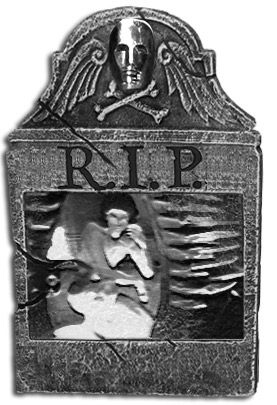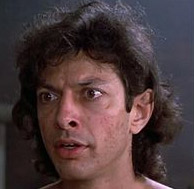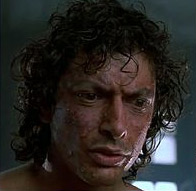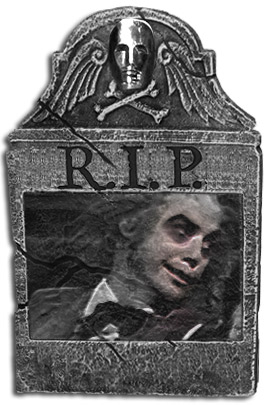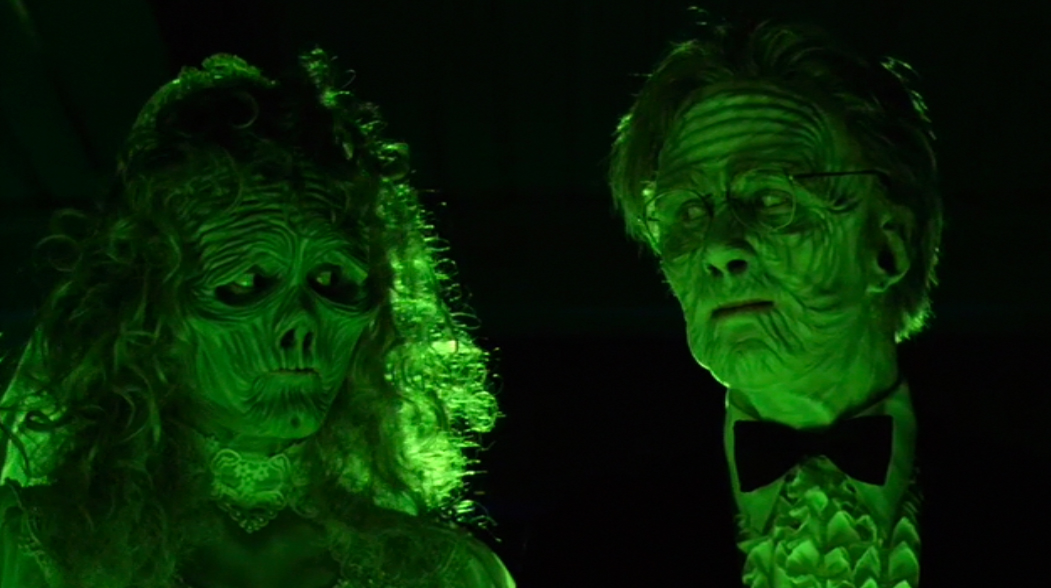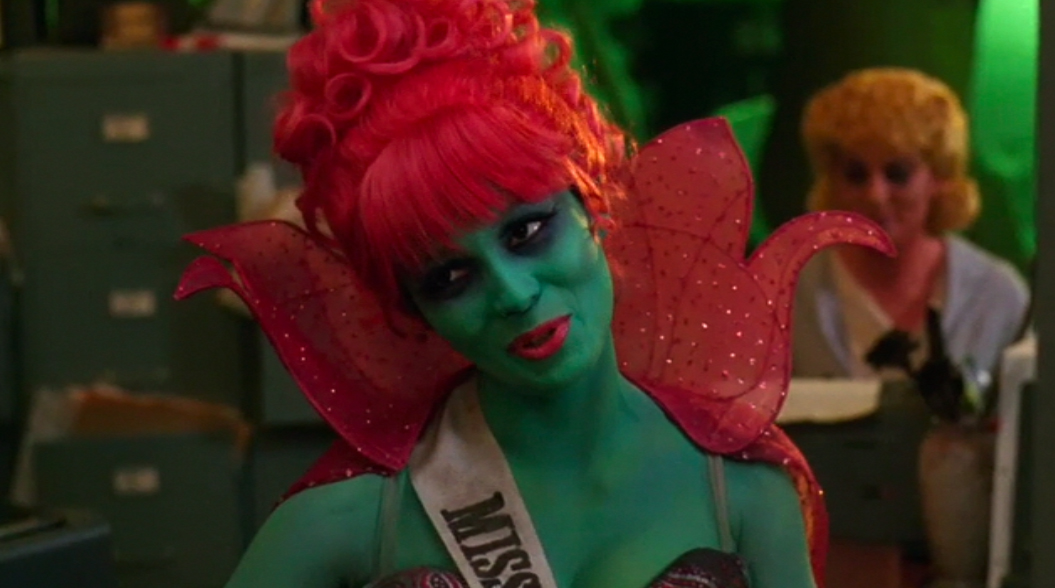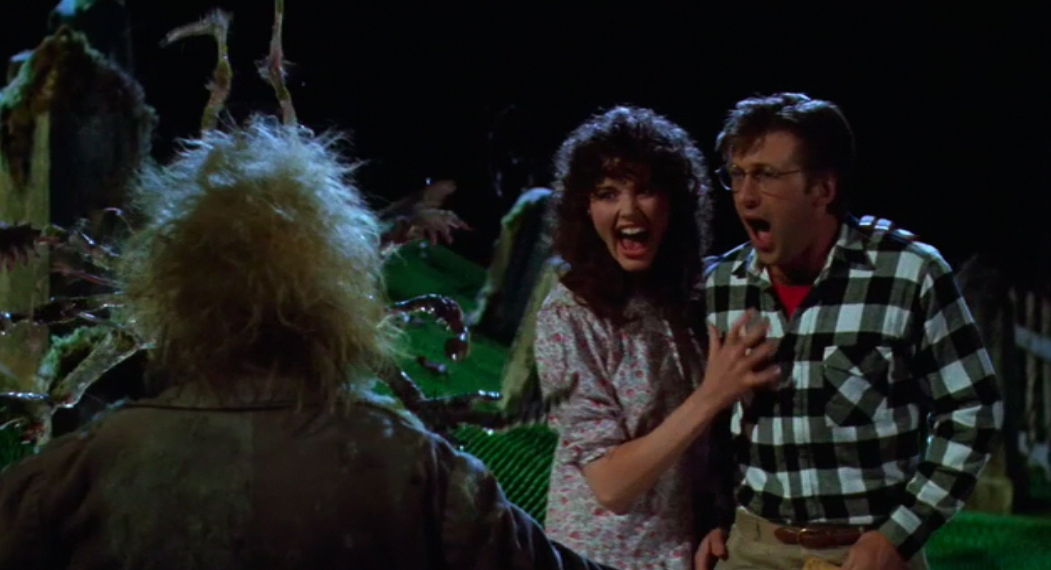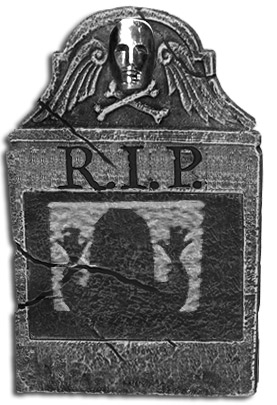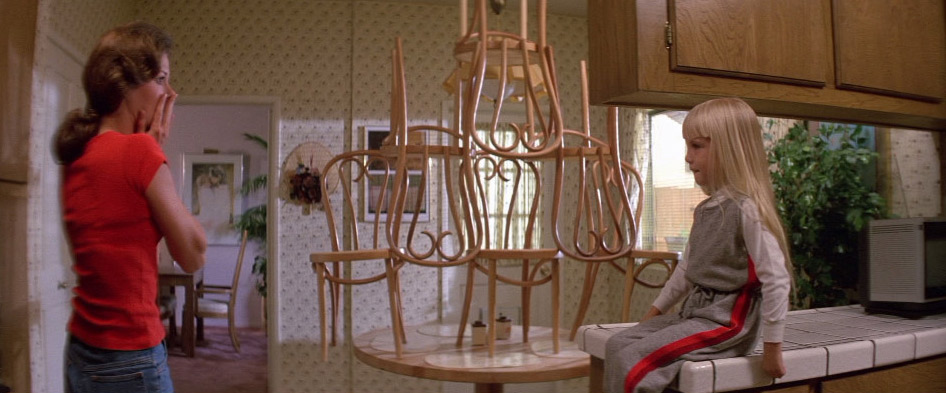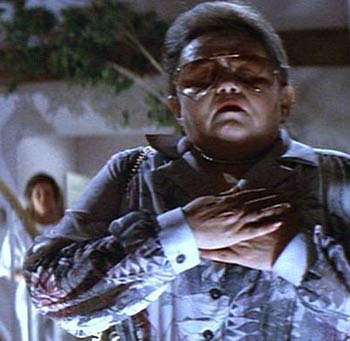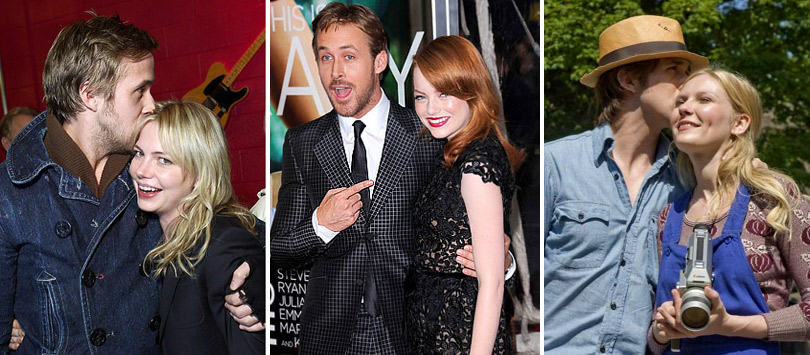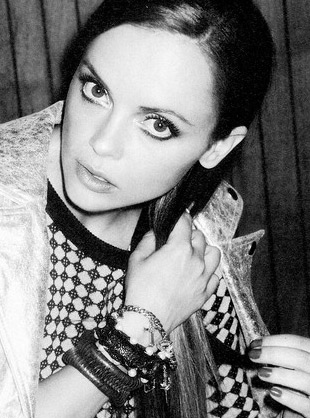Theadora Van Runkle (1929-2011)
 Tuesday, November 8, 2011 at 9:16PM
Tuesday, November 8, 2011 at 9:16PM 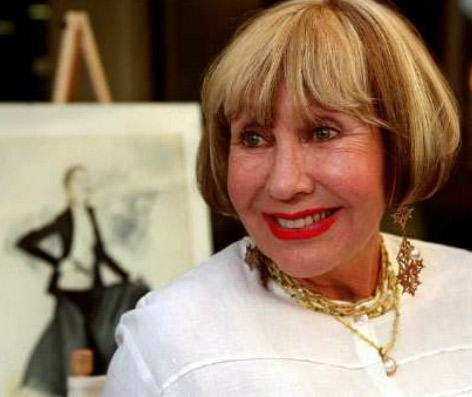 Take off those berets and fedoras and pay your respects. The great costume designer Theadora Van Runkle, a three time Oscar nominee, passed away this past Friday of lung cancer at 83 years of age [src]. For those who don't immediately connect her name to her movies, know that her work was seismic.
Take off those berets and fedoras and pay your respects. The great costume designer Theadora Van Runkle, a three time Oscar nominee, passed away this past Friday of lung cancer at 83 years of age [src]. For those who don't immediately connect her name to her movies, know that her work was seismic.
Her most famous creations were actually those done on her very first feature Bonnie & Clyde (1967). She was able to do the picture only after Warren Beatty and the costume designers guild president screamed at each other for half an hour (she was not a guild member then) according to Mark Harris's invaluable tome Pictures at a Revolution: Five Movies and The Birth of New Hollywood. She had never done a film and at one tense point admitted to Warren Beatty that she had no idea what she was doing.
After Beatty vetoed her first period-specific ideas, she came up with the now legendary out of time ensembles that nodded to both the 1930s (when the story takes place) and contemporary 60s French New Wave that the project had always hoped to emulate (Beatty had originally wanted François Truffaut himself to direct).
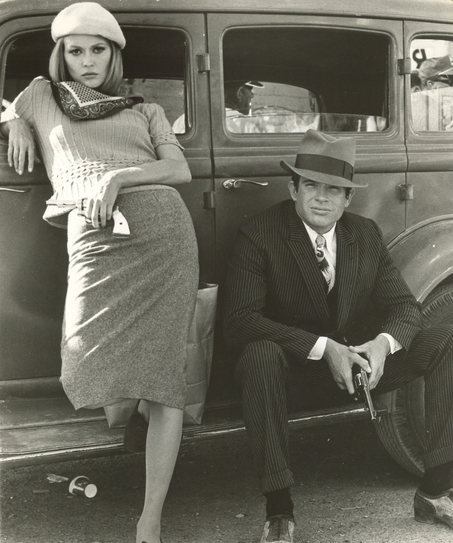
You see people who are great beauties and never get anywhere. This was style."
-Theadora Van Runkle on Dunaway as Bonnie.
Van Runkle even claims that she was the one who brought the unknown Faye Dunaway to Beatty & director Arthur Penn's attention. "There's the girl you should cast!" though there are competing legends as to how Dunaway first came up in the long search for the girl.
Because of the tight budget, many of the costumes worn by other characters weren't actually Van Runkle's designs but costuming the titular pair was enough to win her a permanent place in movie history and her first Oscar nomination. She was later nominated for both The Godfather Part Two (1974) and Peggy Sue Got Married (1986).
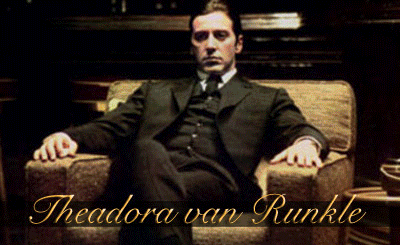
Those Oscar nominated movies were hardly the only memorable gigs. Other showy movies included the infamously delirious transgendered farce Myra Breckenridge (1970), the ill-fated Mame (1974), the post-war romantic drama New York New York (1977) and the bawdy gaudy musical The Best Little Whorehouse in Texas (1982).
I'll always have a special place in my heart for her work on Peggy Sue Got Married. I love that too-shiny / too-tight gown that Peggy Sue is proud she can still fit into at her 25th reunion. Like Bonnie, Peggy Sue is straddling two eras, this time literally; a lovely mirage of the past clinging to a totally contemporary soul.
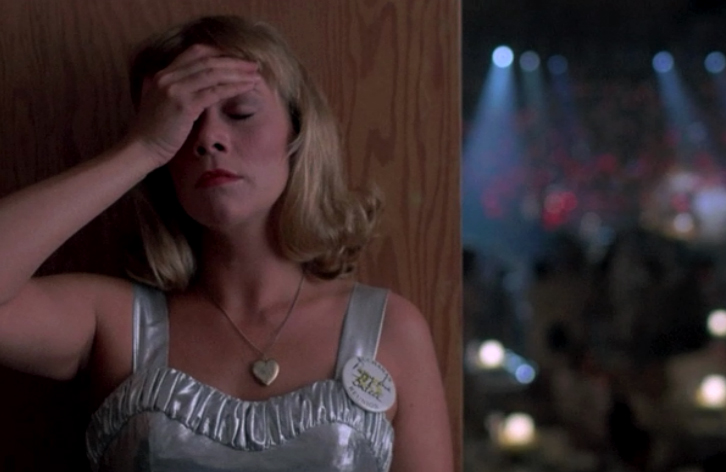
Good night and thank you, Theadora.



